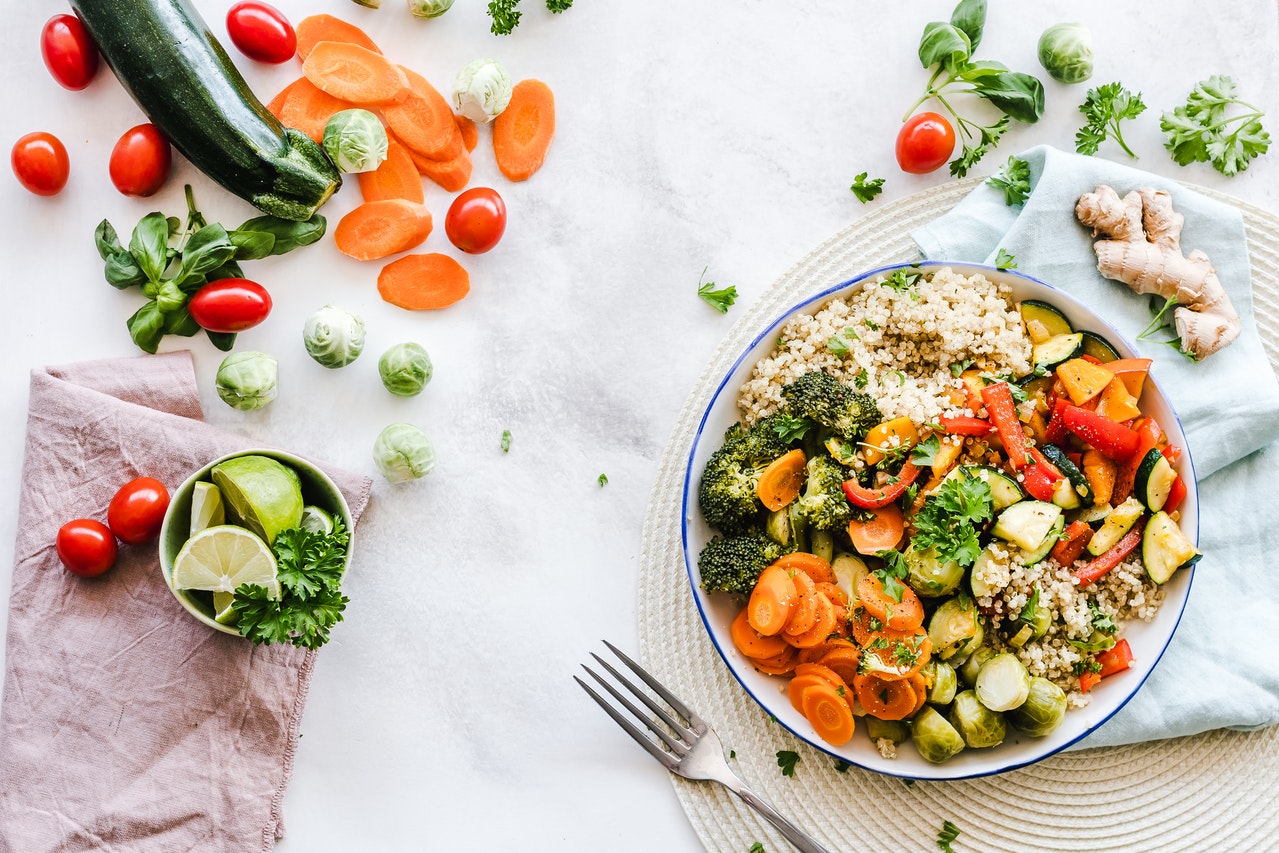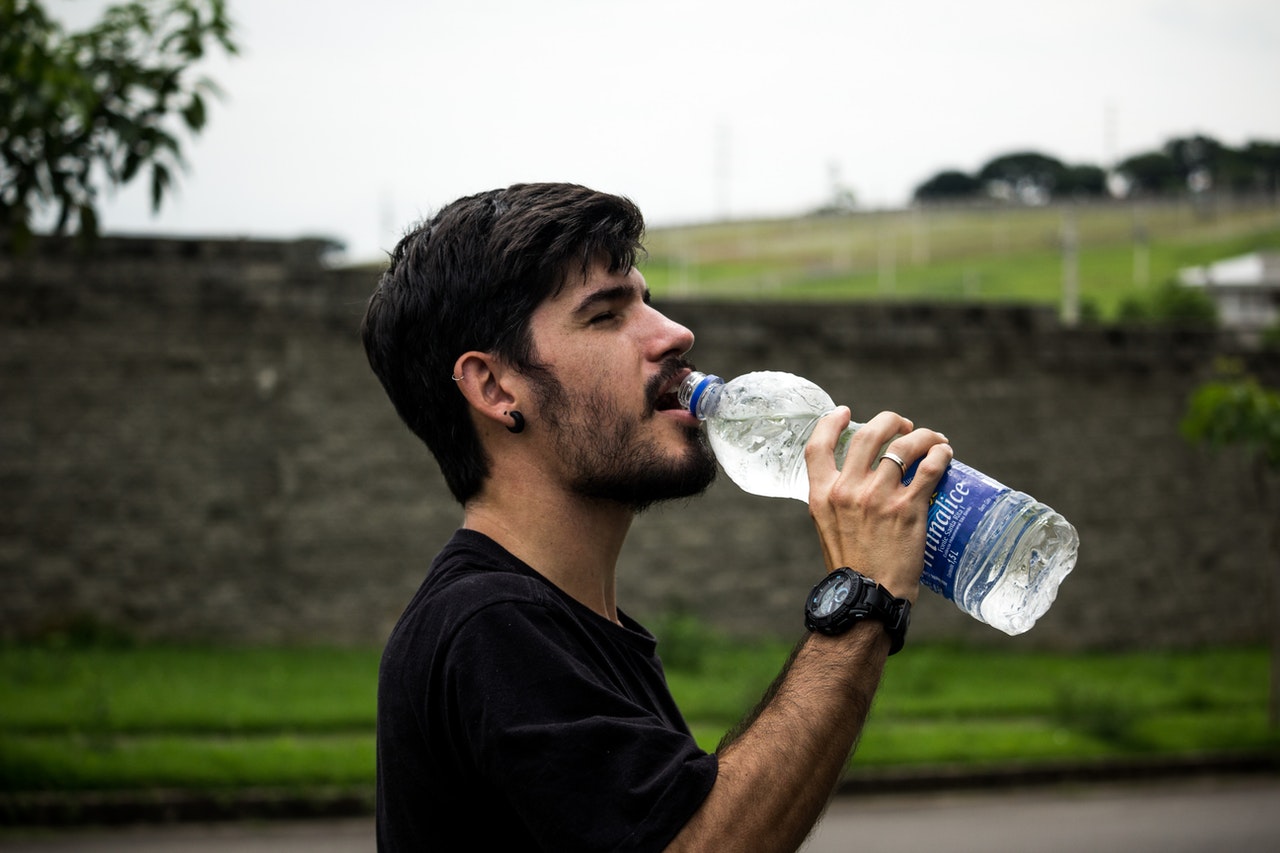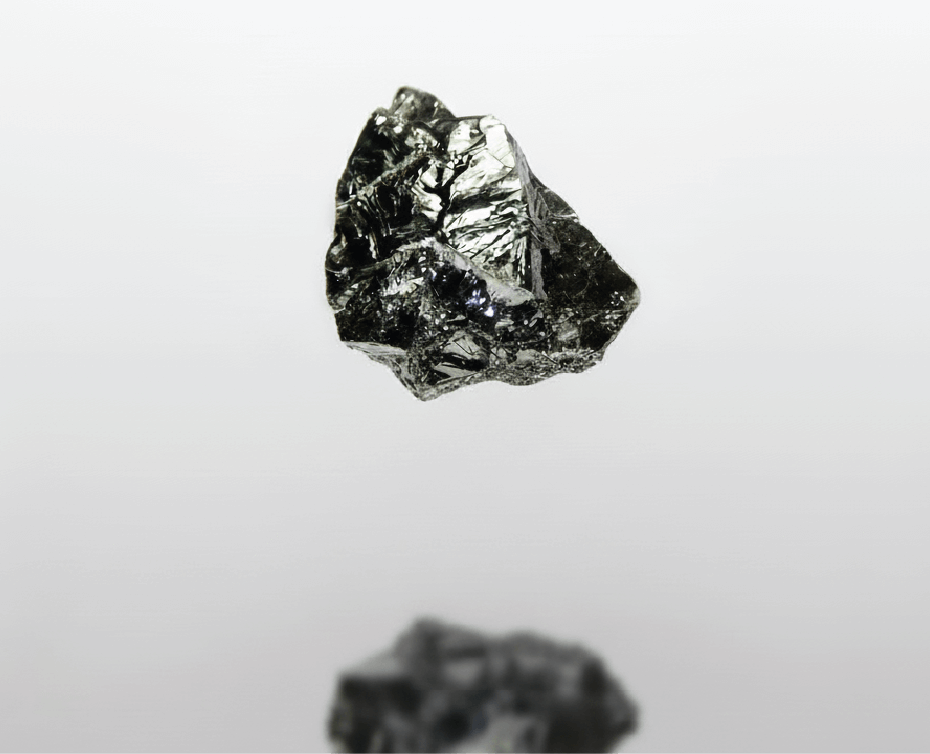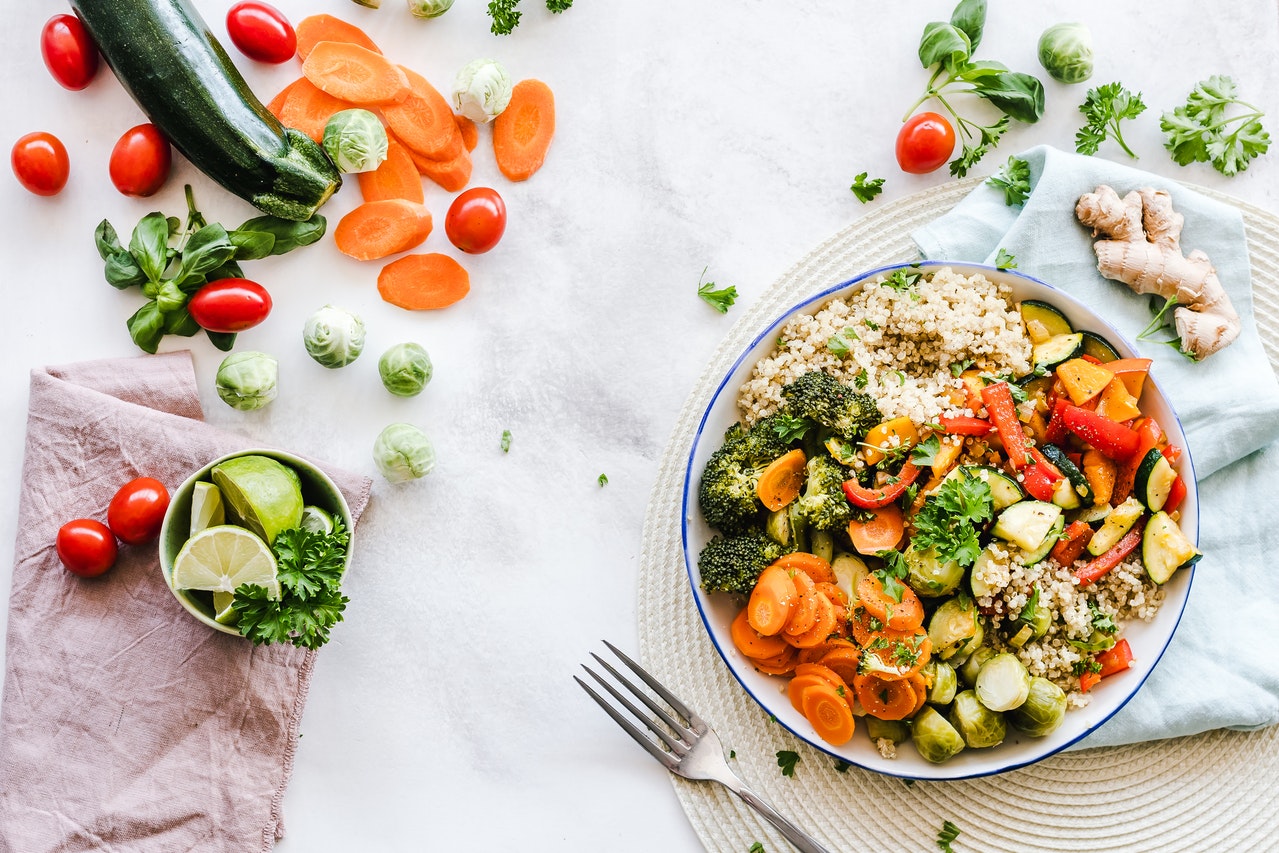Do you often find yourself feeling tired or struggling for energy? Fatigue is an extremely common medical symptom, so if you wake up feeling exhausted or find yourself longing for a mid afternoon nap, you are far from alone.
According to Occupational Health and Safety Online, 97% of Americans report having at least one of the main risk factors for fatigue. And according to Safety and Health Magazine, 3 out of 5 US adults say they are tireder than ever since the beginning of the Covid-19 pandemic.
But what can be done about this exhaustion epidemic? Experts recommend trying to get more sleep, reduce your stress, and cut down on caffeine and alcohol to help beat fatigue. Another critical factor is your diet.
Here are a few small changes you can make to the way you eat that could have big results for your level of fatigue.
Cut Out Processed Foods
The typical contemporary American diet is full of processed foods. Baked goods, ready meals, meat products such as sausages and burgers, many breakfast cereals, and snack foods such as potato chips are all examples of highly processed foods.
But while these foods are convenient and palatable, they can spell disaster for your health. Processed foods tend to contain high levels of sugar, sodium, trans fats, and unhealthy additives. Too much of these ingredients can contribute significantly to fatigue as well as weight gain, diabetes, and other health problems.
Ensure that the majority of your diet is made up of unprocessed or minimally processed foods such as fruits, vegetables, pulses, whole grains, eggs, milk, and fresh meat or seafood.

Cut Down on Inflammatory Foods
Some evidence shows that inflammation can play a role in increased fatigue. But did you know that some foods can cause or worsen inflammation?
Common inflammatory culprits include refined carbohydrates, fried foods, red meat, soda and other sugary drinks, and anything with too much added sugar. Simply reducing these foods or cutting them out of your diet entirely can have a big impact on your energy levels.
Replace them with anti-inflammatory foods such as fatty fish, berries, green tea, green vegetables such as broccoli, and cocoa-rich dark chocolate.

Prioritize Healthy Fats
Despite its unfair demonization by the diet industry, fat is not inherently bad for you. In fact, some level of dietary fat is essential for good health. But all fats are not created equal. Too much of the wrong type of fat, or too little of the right kind, can have a major negative impact on fatigue.
Unhealthy fats are those found in items such as cakes and cookies, fried foods, processed meat, processed snacks, margarine and lard. Healthy fats, known as monounsaturated and polyunsaturated fats, are found in an array of body-friendly foods including:
- Nuts (such as pecans, walnuts, and almonds)
- Vegetable oils such as olive oil
- Avocados
- Nut butters (such as peanut or almond butter)
- Fatty fish (such as salmon and herring)
- Seeds (such as pumpkin, sunflower and sesame seeds)

Eat a Healthy Breakfast
It’s a cliche to say that breakfast is the most important meal of the day but when it comes to beating fatigue, it might just be true. A healthy breakfast sets you up for the day and helps to regulate your energy levels from first thing in the morning.
Focus on whole foods such as oats, full-fat unsweetened dairy, fruit, eggs, and complex carbohydrates such as wholegrain bread. Many commercial breakfast foods contain huge amounts of sugar, which can cause a mid-morning energy slump. This can cause you to reach for unhealthy snacks, which ultimately just make you feel even more tired.

Stay Hydrated
A huge percentage of the human body is made up of water. Therefore, even moderate dehydration can have serious health consequences. One tell-tale sign of dehydration is feeling excessively tired.
Try to drink at least two liters of water each day, or more if you’re very active or the weather is hot. Keep a water bottle with you throughout the day and refill it regularly. If you don’t like plain water, try sparkling water with a slice of fresh fruit (such as lemon or orange), or sugar-free flavored water.
If You’re Still Fatigued
A qualified dietician can help you come up with a more personalized fatigue-beating diet plan based on your individual needs.
If you have tried making various dietary changes and you’re still struggling with fatigue, see your doctor. Contrary to popular belief, being tired all the time isn’t normal and you do not have to suffer with it alone. Help is available.
Read more

If you’re interested in getting more exercise and improving your fitness, you might be thinking about taking up a form of cardiovascular activity such as running, swimming, or cycling. While all t...

May is National Bike Month. Established in the 1950s and promoted by the League of American Bicyclists, National Bike Month is a celebration of all things cycling and a great opportunity for new p...






Leave a comment
All comments are moderated before being published.
This site is protected by hCaptcha and the hCaptcha Privacy Policy and Terms of Service apply.